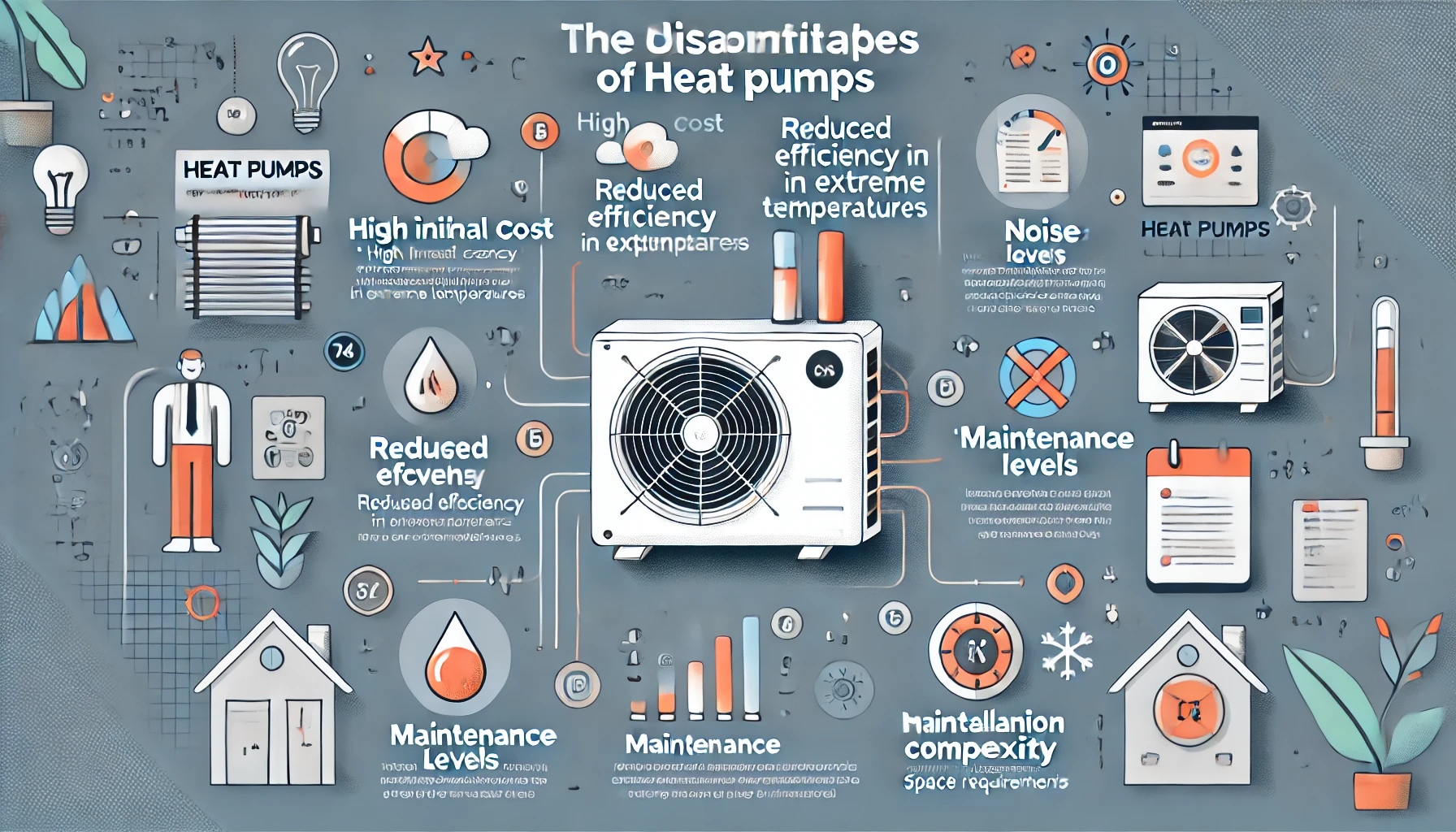Disadvantages of a Heat Pump: Understanding the Limitations
Heat pumps are an increasingly popular choice for heating and cooling homes due to their energy efficiency and environmentally friendly operation. However, like any system, they come with their own set of disadvantages that homeowners should consider before installation. Here are some key drawbacks of heat pumps:
1. Initial Cost
One of the primary disadvantages of heat pumps is their high upfront cost. The initial installation can be significantly more expensive than traditional heating systems, such as furnaces or boilers. While heat pumps can save money on energy bills over time, the initial investment can be a barrier for some homeowners.
2. Efficiency in Extreme Temperatures
Heat pumps are less effective in extremely cold temperatures. While they work well in moderate climates, their efficiency can decrease when temperatures drop below freezing. In such cases, supplemental heating sources may be required to maintain comfortable indoor temperatures, which can add to energy costs.
3. Noise Levels
Some heat pumps can be noisy during operation, particularly the outdoor unit. This noise can be a concern for homeowners who live in close proximity to neighbors or prefer a quieter home environment. Modern models have made strides in reducing noise, but it’s still something to consider.
4. Maintenance Requirements
Heat pumps require regular maintenance to ensure optimal performance. This includes cleaning filters, checking refrigerant levels, and inspecting ductwork if applicable. While routine maintenance is essential for all heating systems, the specific needs of heat pumps can be more demanding.
5. Installation Complexity
The installation of a heat pump can be more complex than traditional systems, especially for ground-source (geothermal) heat pumps, which require excavation and additional labor. Proper installation is crucial for efficiency and effectiveness, so it’s important to hire a qualified professional.
6. Space Requirements
Heat pumps require sufficient space for installation, particularly for ducted systems. The outdoor unit must also have adequate clearance for airflow. In smaller properties or densely populated areas, finding suitable space can be challenging.
Conclusion
While heat pumps offer many benefits, including energy efficiency and reduced carbon footprints, it’s essential to weigh these advantages against their disadvantages. By understanding the limitations, homeowners can make informed decisions about whether a heat pump is the right choice for their heating and cooling needs. Consider consulting with a professional to evaluate your specific situation and explore all available options.






